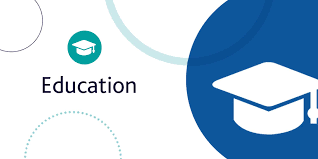
IIECCE of education, the regular education system has been the basis for education and learning across the world. Regular education involves the physical presence of students in classes.
Although the methods of teaching in the class may have developed and improved with the use of multimedia and technology, students pursuing the regular courses need to attend lectures and classes in person. They need to also appear for examinations personally.
IIECCE Part-time study is the perfect solution if you wish to continue working, but it should be kept in mind that not all part-time courses are scheduled to be taken in the evenings or on fixed time, normal weekdays. More and more, universities are planning that they need to provide for their learners' specific need for career or family. For a number of courses, however, for example those offering a wide range of possible sections, it may not be possible to schedule the course in this way.
IIECCE Distance Learning refers to learning remotely without having a face-to-face interaction with a teacher in a classroom. Distance learning can be termed as a way of getting information/education without direct interaction with the provider of such information. This can be achieved by different methods, including through study centers located in places where the main provider is not based. However, the qualification gained by studying in such distance learning centres is considered as being provided by the main provider only.
IIECCE Online education is a form of education where students use their home computers through the internet. For many nontraditional students, among them all those who want to continue working full time or raising families, online graduations and courses have become popular in the past decade. Often online graduation and course programmes, some of which are conducted using digital technologies, are provided via the online learning portal of the host university.